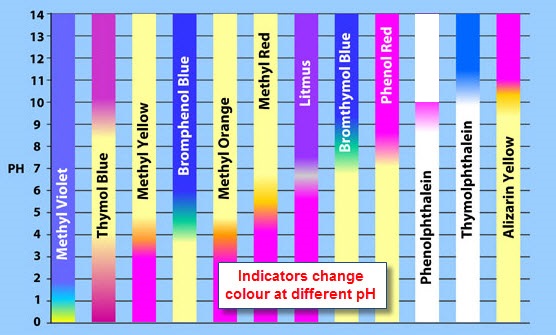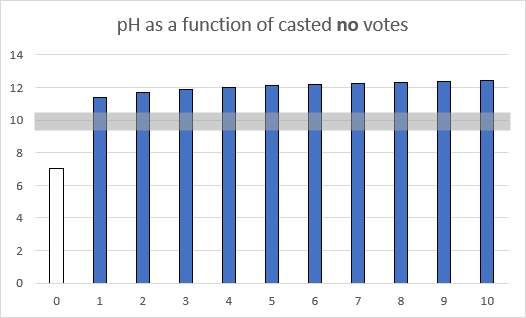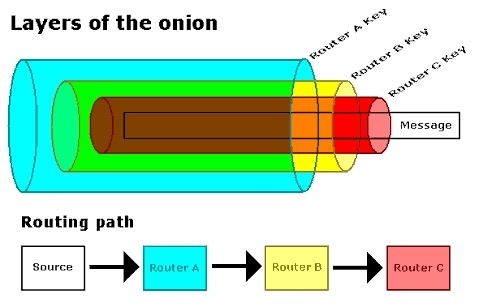A family of N people (where N >= 3) are members of a cult. A suggestion is floated anonymously among them to leave the cult. If, in fact, every single person secretly harbors the desire to leave, it would be best if the family knew about that so that they could be open with each other and plan their exit. However, if this isn't the case, then the family would not want to know the actual results, in order to prevent infighting and witch hunting.
Therefore, is there some scheme by which, if everyone in the family votes yes, the family knows, but all other results (all no, any combination of yes and no) are indistinguishable from each other for all family members?
Some notes:
- N does have to be at least 3 - N=1 is trivial, and N=2 is impossible, since a yes voter can know the other person's vote depending on the result.
- The anonymous suggestor is not important - it could well be someone outside the family, such as a someone distributing propoganda.
- It is important that all no is indistinguishable from mixed yes and no - we do not want the family to discover that there is some kind of schism. However, if that result is impossible, I'm OK with a result where any unanimous result is discoverable, but any mixed vote is indistinguishable.
Some things I've already tried:
- Of course, this can be done with a trusted third party - they all tell one person their votes, and the third party announces whether all the votes are yes. However, this isn't quite satisfying of an answer to me, since the third party could get compromised by a zealous no voter (or other cult member) to figure out who the yes votes are. Plus, this person knows the votes, and may, in a mixed vote situation, meet with the yes voters in private to help them escape, which the no voters won't take kindly to.
- One can use a second third party to anonymize the votes - one party (which could really just be a shaken hat) collects the votes without reading them and sends them anonymized to the second party, who reads them and announces the result. This is the best solution I could think of, however I still think I want to do better than this - after all, in a live-in settlement cult, there probably isn't any trustworthy third party you could find. I'd like to find a solution that uses a third party that isn't necessarily trusted.
- However, I do recognize that you need at least something to hold secret information, because if you're working with an entirely public ledger, then participants could make secret copies of the information and simulate what effect their votes would have, before submitting their actual vote. In particular, if all participants vote yes but the last one has yet to vote, they can simulate a yes vote and find out that everyone else has voted yes, but then themselves vote no - they are now alone in knowing everyone else's yes votes, which is power that you would not want the remaining no voter to have.
EDIT: After BlueRaja's comments, I realize that the concept of "trusted third party" isn't quite well-defined, and that at some level, I probably actually do need a trusted third party at least for reliably holding state. The key is what I would be trusting the third party to do - for instance, in the first and second bullet point examples, I may not trust a third party to know who voted what, but may trust them with the contents of the votes. Ideally, of course, I would still like to be able to operate without a trusted third party at all, but failing that, I would like to minimize what I have to trust the third party to do. (Also, yes, a third party can include an inanimate object or machine, as long as it can withhold any amount of information from the participants).






